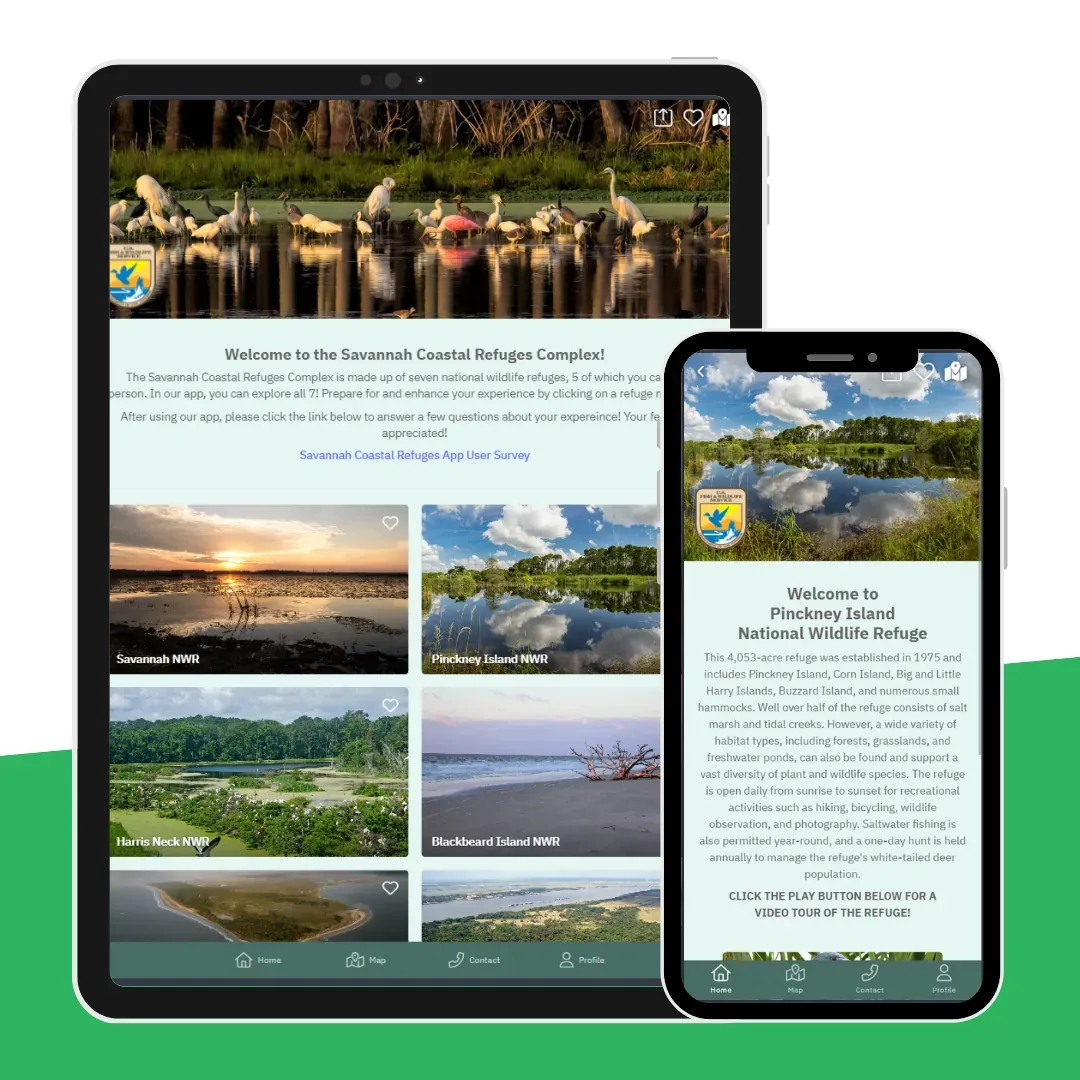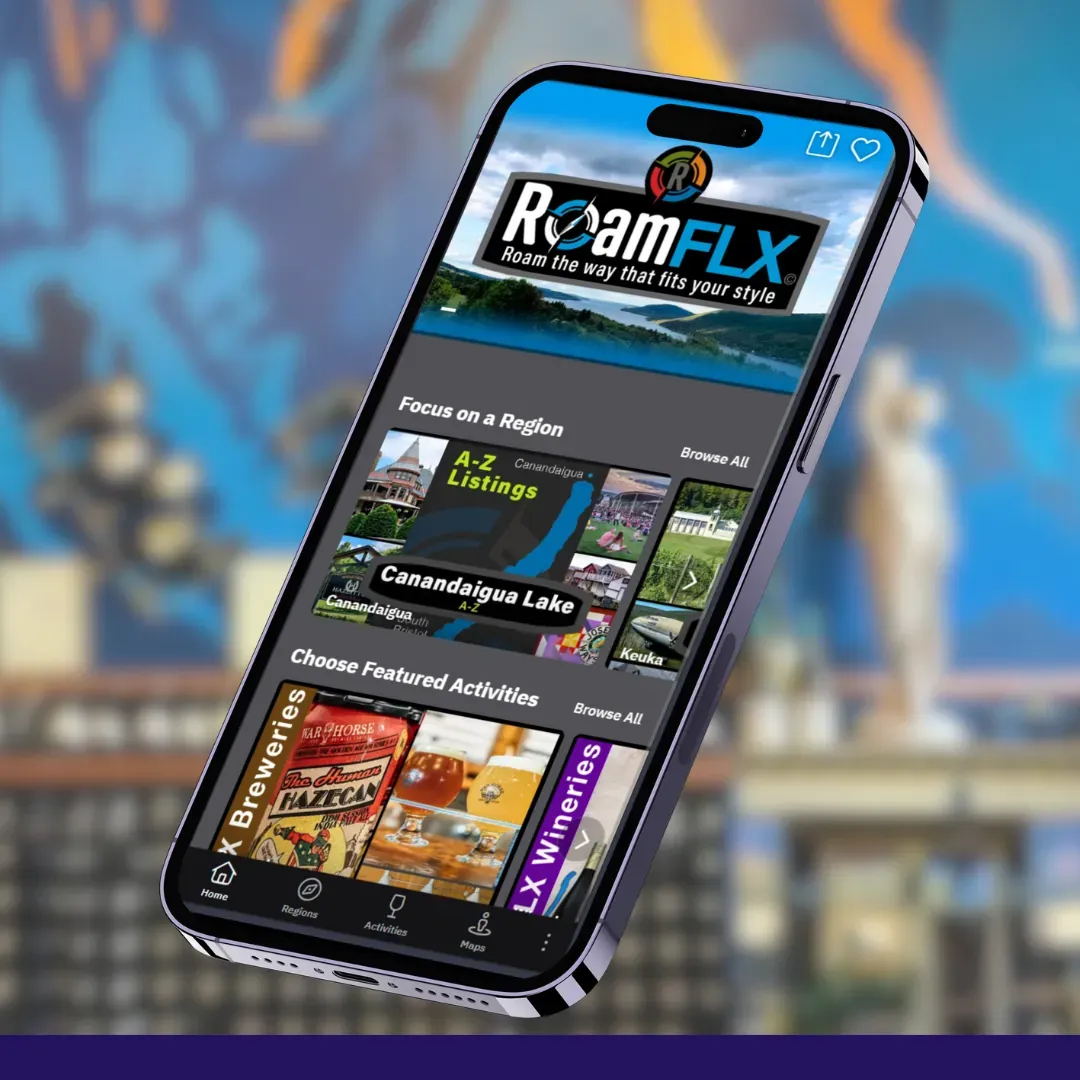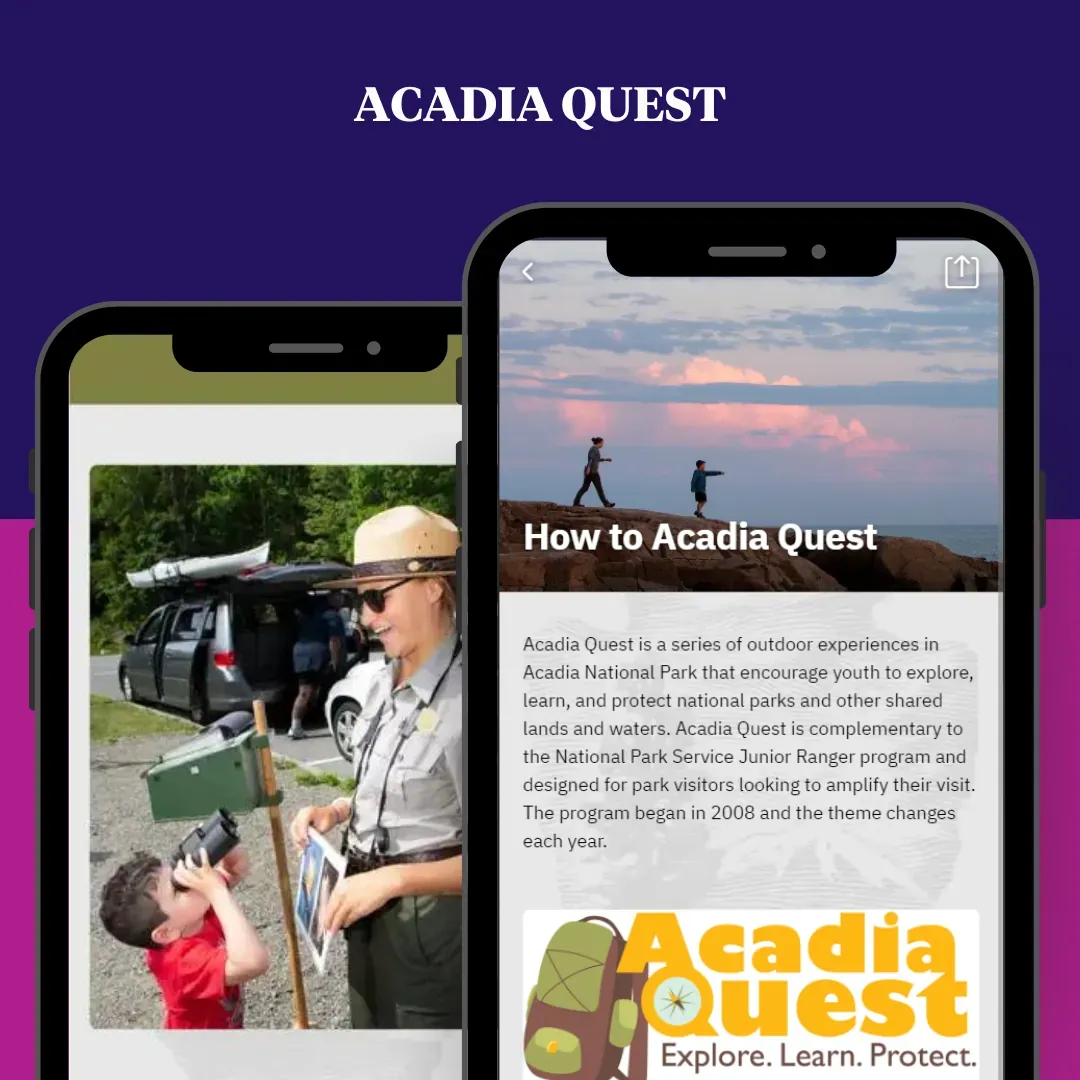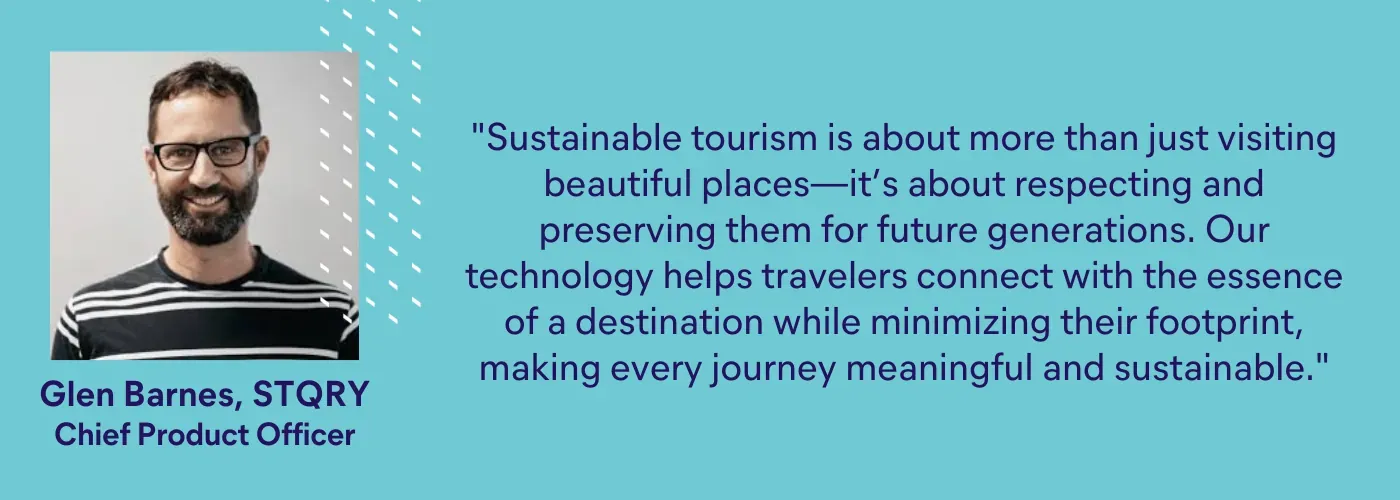
In the dynamic world of tourism, one movement that has stood out and is growing in importance is sustainable tourism. As more travelers become conscious of their environmental and social impact, the demand for eco-friendly and responsible travel experiences has skyrocketed. Today’s tourists seek experiences that align with their values, particularly those centered on sustainability and ethical practices.
The tourism industry is responding to this shift, with destinations and tourism organizations increasingly adopting sustainable practices to meet the expectations of modern travelers. This growing emphasis on sustainability represents a fundamental change in how the tourism industry operates and will shape the future of travel. As a result, businesses that embrace sustainable practices are not only contributing to the preservation of our planet but also positioning themselves to thrive in an increasingly competitive market.
The global ecotourism industry, valued at $172.4 billion in 2022, presents a lucrative opportunity. It is projected to reach $374.2 billion by 2028, with a compound annual growth rate of 13.9 percent. By adopting eco-tourism practices, businesses can capitalize on this growing market while fostering a culture of responsible travel.
In this blog, we’ll explore the rising demand for eco-tourism, what today’s travelers are looking for, and the latest trends shaping the industry. We’ll also highlight the significant benefits of adopting sustainable practices and how STQRY’s storytelling platform can help you achieve your sustainability goals. Whether you’re an adventure tour provider, a cultural tour operator, or a local tourism bureau, this guide will provide you with the insights and tools you need to lead the way in eco-tourism.
Understanding the Modern Traveler

Today’s traveler is savvy, socially conscious, and eager for experiences that go beyond the ordinary. They’re looking for ways to engage with the places they visit on a deeper level. Sustainability plays a part in this, especially for a younger demographic as "82% of Gen Z and millennial travelers say they are interested in going on a vacation that has a minimal impact on the environment in 2023", shares Audrey Hendley, president of American Express Travel.
The modern traveler values authenticity and connection. They’re interested in the stories behind the destinations they visit, the cultures they encounter, and the people they meet. This desire for meaningful travel experiences means that attractions that offer eco-friendly and culturally sensitive options are more likely to capture their attention.
But it’s not just about the experience itself—how it’s delivered matters too. Travelers are increasingly looking for convenience and accessibility, often enhanced by technology. They want digital tools that seamlessly provide information at their fingertips, offering deeper insights into the local culture, history, and hidden gems of a destination. Whether it’s mobile apps that deliver real-time updates on local events, digital guides that reveal lesser-known facts, or interactive maps that help travelers explore off-the-beaten-path locations, these tools are essential for creating a more immersive and enriched experience. By providing easy access to personalized recommendations and insider knowledge, these technologies enable travelers to connect more meaningfully with the places they visit and make the most of their journey.
Trends in Sustainable Tourism
Sustainable Tourism is driving innovation across the industry, with several key trends shaping how travelers experience destinations and how businesses operate. As the demand for responsible travel continues to grow, it’s essential for local tourism bureaus, Destination Marketing Organizations (DMOs), economic development organizations, tour operators, and attractions to stay informed and adapt to these changes. In this section, we’ll highlight three major trends that are influencing the future of tourism and offering opportunities for businesses to thrive in an increasingly eco-conscious market.
Eco-Friendly Practices
Tourism businesses are increasingly adopting eco-friendly practices to reduce their environmental impact. This includes everything from carbon offsetting programs to the use of renewable energy. For example, many eco-conscious hotels are now powered by solar energy or feature designs that minimize energy consumption. Additionally, tours that focus on conservation, such as those that partner with local wildlife sanctuaries, are gaining popularity.

The Savannah Coastal Refuges STQRY powered app, offers self-guided tours with interactive content at seven National Wildlife Refuges, including Savannah, Pinckney Island, and Harris Neck. These tours showcase the stunning wildlife and habitats of the Savannah Coastal Refuges Complex. They also educate visitors on local conservation efforts, such as preserving the nesting habitats of migratory birds and protecting endangered species like the wood stork and loggerhead sea turtle. By highlighting sustainable practices and habitat restoration initiatives through virtual tours, the app deepens visitors' understanding of the ongoing conservation efforts. Additionally, by transitioning from printed materials to digital tools, the refuges have significantly reduced their carbon footprint while offering an immersive and engaging experience for all visitors.
Community Engagement
Supporting local communities is a cornerstone of eco-tourism, and Community-based Tourism (CBT) is becoming an increasingly popular form of engagement, particularly in developing countries. Since 2020, there has been a noticeable rise in CBT, which focuses on involving local residents in the tourism experience. This approach offers significant benefits, including education, income, and empowerment for residents, the conservation of local environments and cultures, and the reduction of poverty. Travelers are increasingly drawn to experiences that allow them to give back to the places they visit, whether through volunteer tourism or by choosing locally-owned accommodations and eateries. Employing local guides, sourcing products from local businesses, and offering tours that directly benefit the communities involved are effective ways to support and sustain these initiatives.

STQRY’s partnership with the Roam FLX app showcases how technology can foster community engagement by connecting visitors with the best of what the Finger Lakes region has to offer. The app provides self-guided tours, allowing users to explore the area's wineries, restaurants, hotels, and more without the need for WiFi or cellular service. This enhances the traveler’s experience through curated destinations vetted by locals, while also supporting small businesses across New York's Finger Lakes region. By promoting locally-owned establishments and facilitating easy access to hundreds of regional attractions, Roam FLX app helps strengthen the local economy and ensures that visitors have an authentic and meaningful experience.
Leveraging Technology for Sustainable Tourism
Digital tools are playing a crucial role in promoting sustainability within the tourism industry. Virtual tours, digital guides, and mobile apps that reduce the need for printed materials are just a few examples of how technology can minimize the environmental footprint of tourism. These tools also make it easier for travelers to access real-time information, make eco-friendly choices, and explore destinations in a more sustainable manner.
The Explore St. Augustine app, powered by STQRY, offers visitors an in-depth look at the historic city of St. Augustine, Florida. The app provides self-guided tours, interactive maps, and rich multimedia content that brings the city’s history to life. By using digital guides instead of printed brochures, the app helps reduce paper waste while offering visitors a more engaging and customizable experience. Explore the St. Augustine app

The Acadia Quest app, powered by STQRY, provides an interactive way for visitors to engage with Acadia National Park. Through the app, users can explore the park’s natural beauty, participate in experiential scavenger hunts, and collect digital badges along the trails. The Acadia Quest program, created by Friends of Acadia, educates users about the park’s ecological vitality and promotes stewardship and protection of its unique landscapes. This digital solution enhances visitor experiences while supporting eco-tourism by reducing waste and encouraging responsible outdoor adventures.
How STQRY Supports Sustainable Tourism
At STQRY, we believe that technology plays a crucial role in promoting sustainable tourism. Through our digital solutions, we help our customers protect natural environments, promote long-term economic and social development, and foster meaningful connections between travelers and local cultures.
Protecting Nature
STQRY Apps allow destinations to replace traditional printed materials with mobile apps and digital guides, reducing paper waste and the environmental footprint associated with tourism. Additionally, our platforms enable the creation of educational programs that inform visitors about local ecosystems and conservation efforts, helping to minimize the negative impact of tourism on natural landscapes.
Promoting Long-Term Economic and Social Development
Our technology supports community-based tourism (CBT) by providing our customers with a platform to highlight local businesses, products, and services. By promoting locally-sourced goods and services through digital guides and apps, STQRY hopes to drive economic growth within communities, ensuring that the benefits of tourism are reinvested locally.
Enabling Travelers to Meet Local People and Discover Their Cultures
STQRY’s digital solutions are designed to facilitate cultural immersion by showcasing the stories, traditions, and daily lives of local communities. Through interactive maps, self-guided tours, and multimedia content, our apps allow travelers to connect with local people and engage in authentic cultural experiences.
Glen Barnes, CPO of STQRY, shares

By leveraging STQRY’s digital solutions, tourism organizations can offer enriched, eco-friendly experiences that align with the values of today’s conscious travelers, ensuring that destinations are protected, communities are supported, and cultures are celebrated for years to come.
Driving Innovation in Sustainable Tourism
Sustainable tourism is here to stay. As more travelers prioritize eco-friendly and socially responsible options, the tourism industry must adapt to meet these new demands.
With the right tools and strategies, making the shift to sustainability can be a seamless process. STQRY is here to support you every step of the way, offering solutions that enhance the visitor experience while minimizing environmental impact. Together, we can build a more sustainable, equitable, and enjoyable future for tourism.
Contact the STQRY team today to learn how we can support your sustainability goals.
